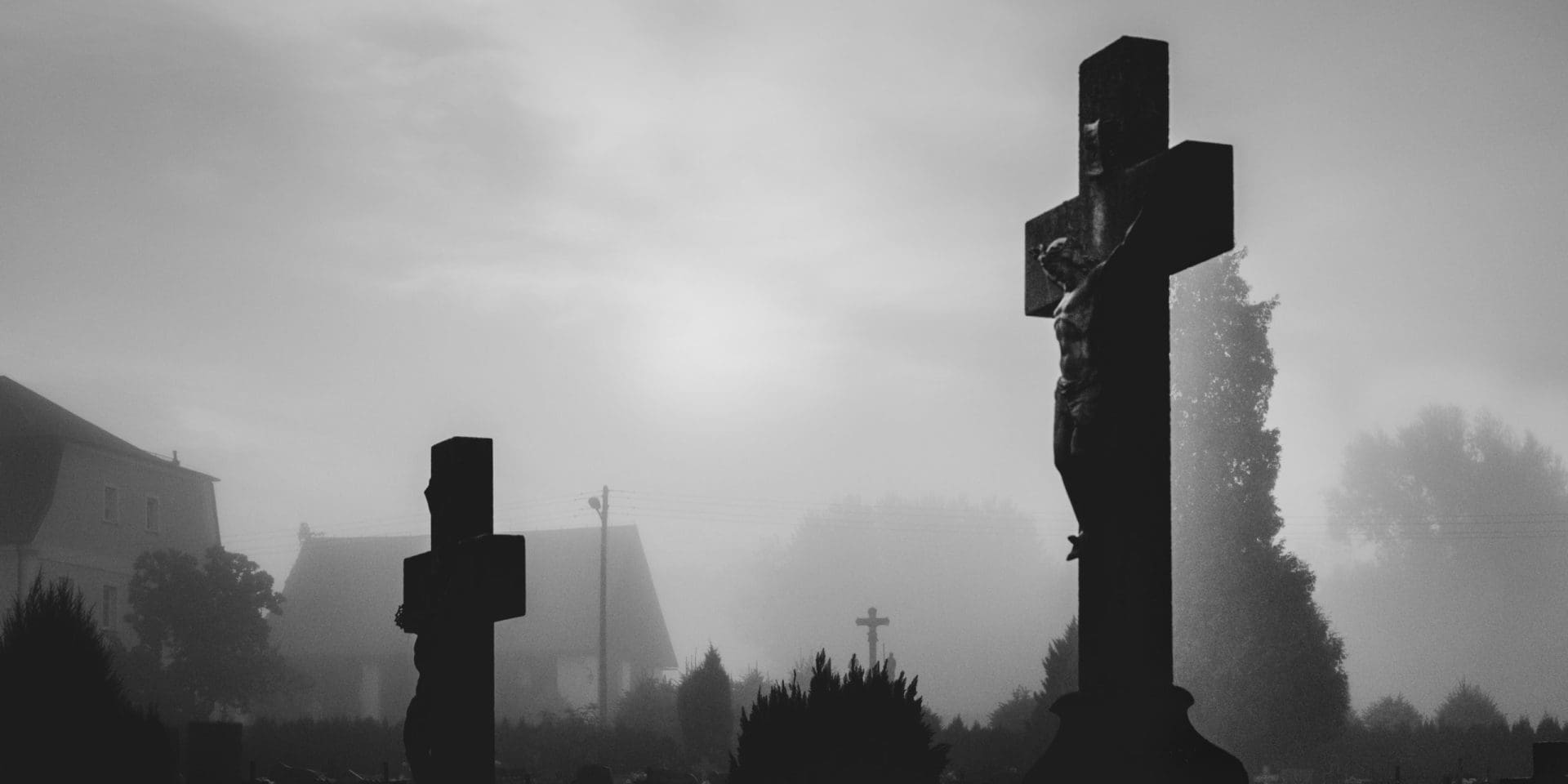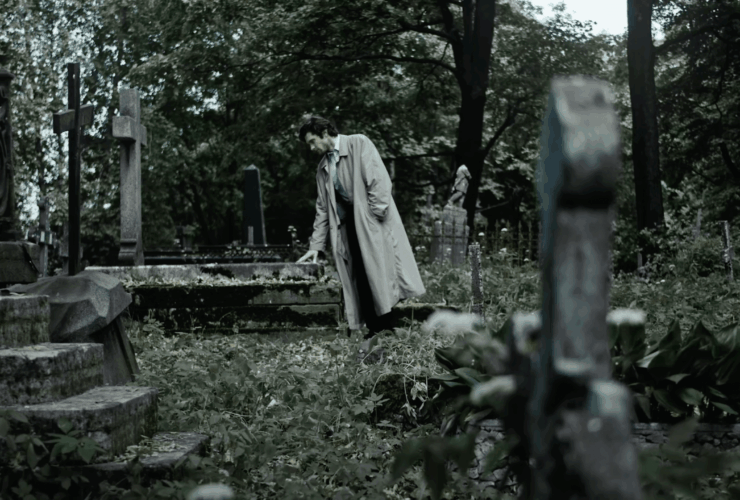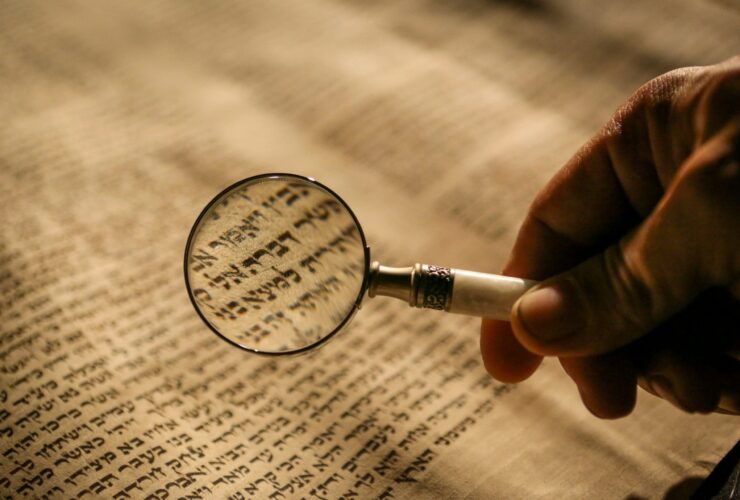During the Lord’s crucifixion an eerie and unusual darkness came upon the land for three hours. While the synoptic gospels all testify to this event, they do not tell us how God accomplished this. Was this darkness a result of natural astronomical phenomena or was it a completely supernatural event?
The Greek historian Thallus, writing just 20 years after the resurrection of Christ, confirmed this Biblical event and he claimed this to be a natural outworking of a solar eclipse. It is true that if this darkness were a result of natural causes, then a total solar eclipse would be the best explanation.
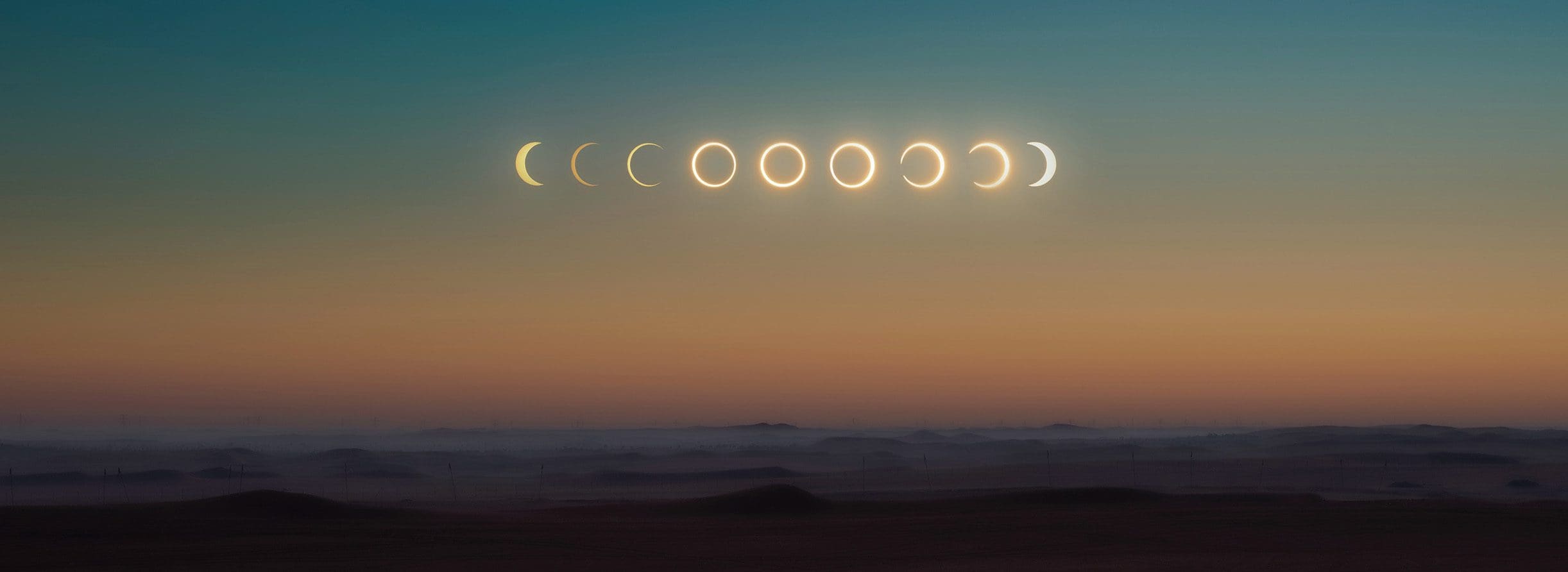
However, there are at least two problems with this idea. First, a solar eclipse doesn’t line up with the timing of Jesus’ crucifixion. As a matter of fact, North African Christian leader Julius Africanus writing in A.D. 215 understood this. He wrote, “This darkness, Thallus, in the third book of his History, calls as appears to me without reason, an eclipse of the sun. For the Hebrews celebrate the Passover on the 14th day [of Nissan] according to the moon, and the passion of our Saviour falls on the day before the passover; but an eclipse of the sun takes place only when the moon comes under the sun.”[1] In other words, at the time of the crucifixion, the moon was at the opposite end of its orbit path (when it was in its full phase) meaning a natural solar eclipse was not possible on the day of Christ’s crucifixion. A second problem with the solar eclipse theory is that the Bible says that the darkness lasted 3 hours, but the maximum time that the sun can be eclipsed is only 8 minutes.
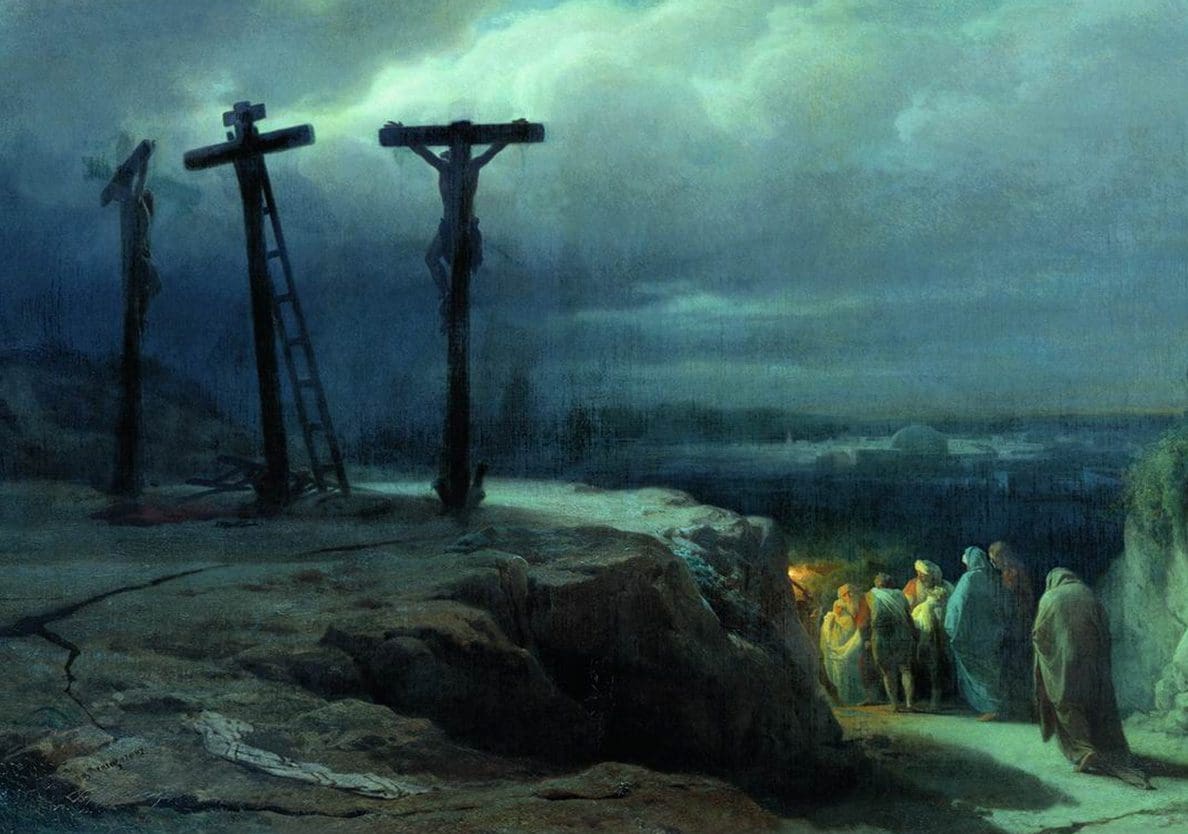
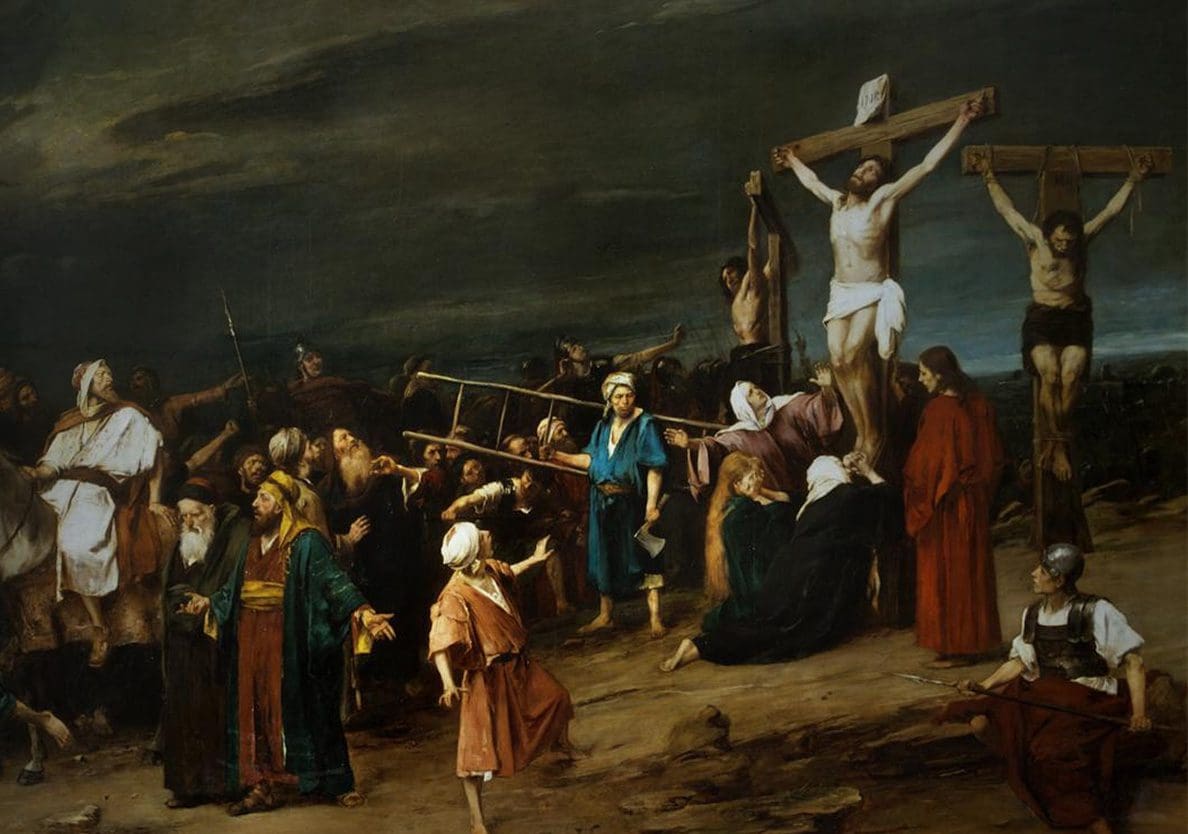
So, since natural explanations fail to adequately explain how darkness can occur while the sun is still shining, it seems best to conclude that God Himself accomplished this supernaturally. Significantly, this isn’t the first time we witnessed such unnatural outworkings in the Bible. In Exodus 10, for example, God brought a plague of darkness on the Egyptians, yet the Israelites still had sunshine where they lived in the nearby land of Goshen. Similarly, in Exodus 14, God used a pillar of cloud to separate the Israelites from the Egyptians; while the Egyptians experienced darkness on the one side of the cloud, the Israelites had light on the other. In Matthew 24 Jesus also speaks of darkness shortly before His second coming, and in Revelation 6 darkness is mentioned as coming with the opening of the sixth seal. God, in His ultimate power, has brought darkness on the earth before and He’s going to do it again in the future.
So let’s make sure that we dwell in the light of God’s truth where there is eternal life and blessing rather than to be cast into the outer darkness of judgment doomed to be separated from God forever.

Ryan Hembree is a daily co-host, speaker, and writer of Bible Discovery. He also hosts a YouTube channel that shows the unity of the Bible and how science and Scripture fit together. Ryan also has an honorary Masters of Ministry in Creation Science from Phoenix University of Theology.
[1] Julius Africanus, Extant Writings 18, Ante-Nicene Fathers, Vol. 6.



